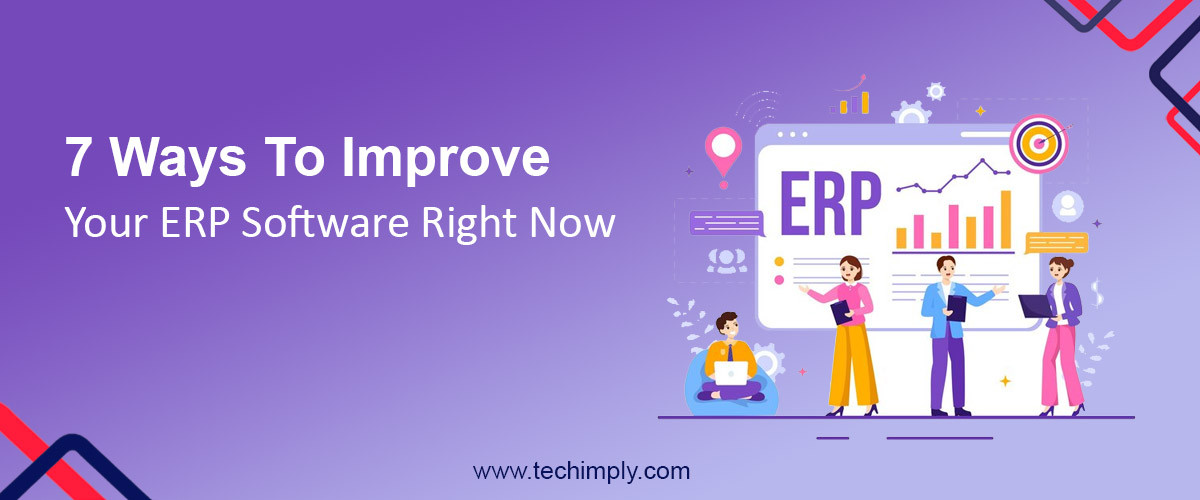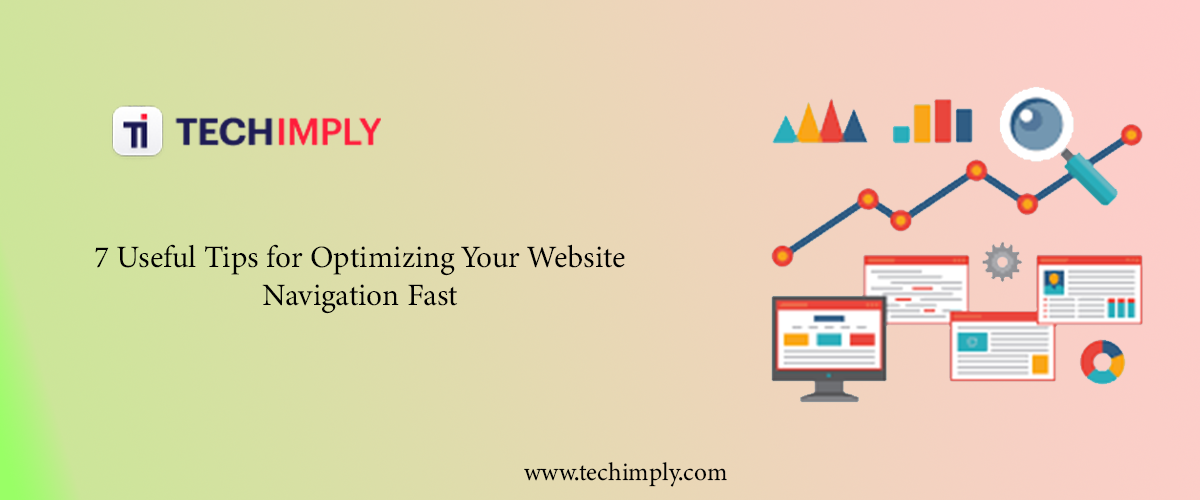Since its inception, blockchain technology has gained considerable traction, primarily due to its unique characteristics, such as immutability and transparency. These characteristics have made it a great solution for numerous problems in numerous industries, such as supply chains, finance, banking, insurance, social media, and energy. The healthcare sector is no different.
With the advent of the technological revolution in the healthcare industry, every healthcare institution seeks to adopt technologies by partnering with the best blockchain healthcare application development company to streamline their processes. However, because this industry also handles sensitive patient data, providers must ensure that any technology they adopt does not compromise patient data security. Here, blockchain technology comes into play. The healthcare industry can benefit from blockchain technology in numerous ways.
Introduction
Blockchain technology is a decentralized and distributed digital ledger that provides a secure and transparent way to store and share data. In the healthcare industry, blockchain technology has the potential to revolutionize the way healthcare data is managed, shared, and secured. With its ability to offer an immutable and tamper-proof record of transactions, blockchain can help to reduce fraud, errors, and data breaches.
Use Cases of Blockchain Technology in the Healthcare Sector
Electronic Health Records (EHRs)
Electronic Health Records (EHRs) are digital versions of patients' medical records that contain important information such as medical history, allergies, medications, and test results. EHRs can be accessed and shared by healthcare providers to improve patient care. However, the centralized nature of EHRs makes them vulnerable to hacking and data breaches. Blockchain can address this problem by providing a decentralized and secure platform for storing and sharing EHRs.
Medical Research
Blockchain can improve the medical research process by providing a secure and transparent platform for sharing research data. Using blockchain, researchers can ensure their data is tamper-proof and cannot be altered or deleted. This can improve the accuracy and reliability of research results.
Clinical Trials
Blockchain can be used to improve the clinical trial process by providing a secure and transparent platform for sharing data between patients, researchers, and healthcare providers. Using blockchain, researchers can ensure that data is accurate and reliable and cannot be altered or deleted. This can improve the efficiency and effectiveness of clinical trials.
Supply Chain Management
Blockchain can be used to improve the supply chain management of pharmaceuticals and medical devices. By using blockchain, manufacturers, distributors, and healthcare providers can ensure the authenticity and integrity of their products.
Prescription Drug Abuse
Blockchain can be used to prevent prescription drug abuse by providing a secure and transparent platform for tracking the distribution of prescription drugs. Using blockchain, healthcare providers can ensure that prescription drugs are being used for their intended purpose and are not abused.
Medical Credentialing
Blockchain can be used to improve the medical credentialing process by providing a secure and transparent platform for verifying the credentials of healthcare providers. By utilising blockchain technology, healthcare providers can ensure that their credentials are accurate and up-to-date, thereby enhancing patient safety.
Health Insurance Claims
Blockchain can be used to improve the health insurance claims process by providing a secure and transparent platform for storing and sharing health insurance data. Healthcare providers and insurance companies can use blockchain to ensure that claims are accurate and processed efficiently.
Telemedicine
Blockchain can improve telemedicine by providing a secure and transparent platform for storing and sharing telemedicine data. Using blockchain, healthcare providers can guarantee that patient information is accurate and cannot be altered.
Patient Data Privacy
Blockchain can improve patient data privacy by providing a secure and transparent platform for storing and sharing patient data. By using blockchain, patients can have greater control over their data, and healthcare providers can ensure that patient data is secure and cannot be accessed by unauthorized individuals.
Data Sharing Between Healthcare Providers
Blockchain can improve data sharing between healthcare providers by providing a secure and transparent platform for storing and sharing patient data. By using blockchain, healthcare providers can ensure that patient data is accurate and up-to-date, which can help to improve patient care.
Medical Device Tracking
Blockchain can improve medical device tracking by providing a secure and transparent platform for storing device information, including its origin, history, and maintenance records. This can help healthcare providers to ensure that medical devices are properly maintained and used safely.
Healthcare Payments
Blockchain can be used to improve healthcare payments by providing a secure and transparent platform for managing payment transactions. By using blockchain, healthcare providers and insurance companies can ensure that payments are processed quickly and securely while reducing the risk of fraud and errors.
Drug Traceability
Blockchain can improve drug traceability by providing a secure and transparent platform for tracking the movement of drugs from manufacturer to patient. This can help prevent counterfeit medicines from entering the market and ensure patients receive safe and effective treatments.
Medical Supply Chain
Blockchain can improve the medical supply chain by providing a secure and transparent platform for tracking the movement of medical supplies and equipment. This can help to ensure that supplies and equipment are properly maintained and used safely.
Conclusion
Blockchain technology can potentially revolutionize the healthcare industry by providing a secure and transparent platform for managing and sharing data. From electronic health records to medical supply chain management, the use cases for blockchain in healthcare are numerous and promising. As the healthcare industry continues adopting blockchain technology, we expect improved efficiency, greater security, and better patient outcomes.

.jpg)




